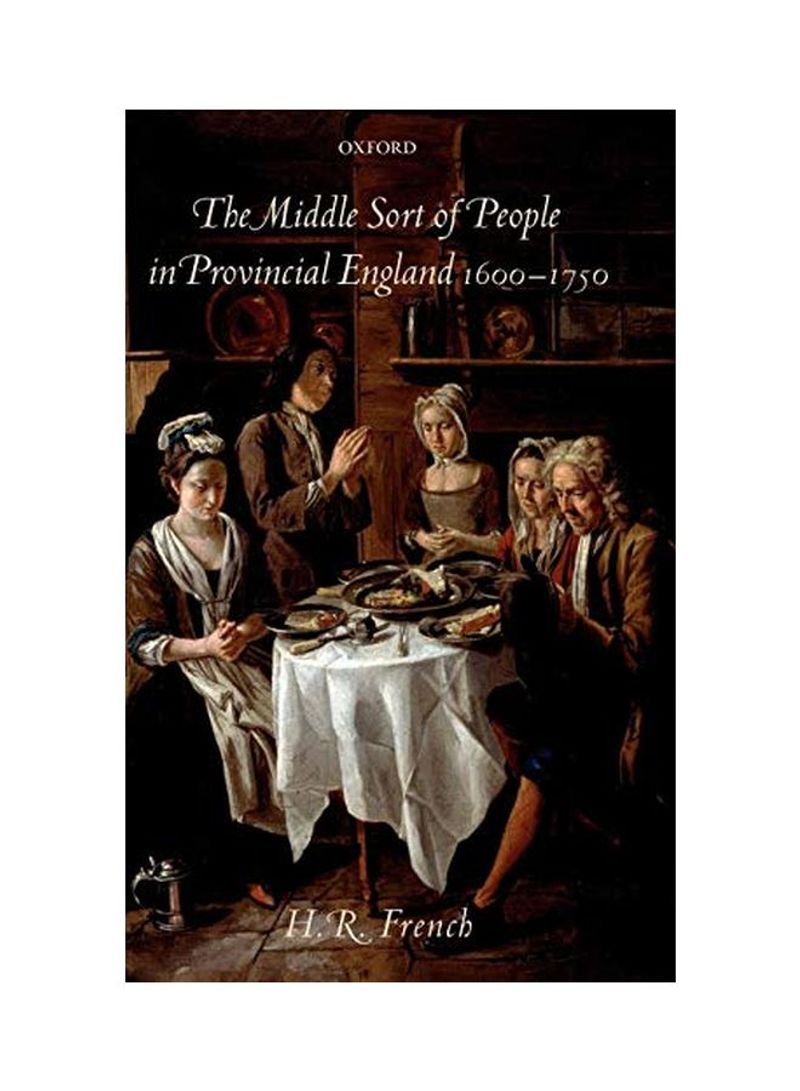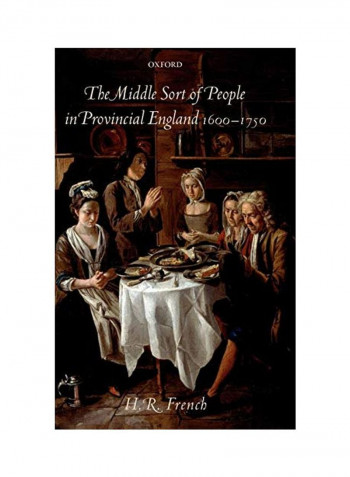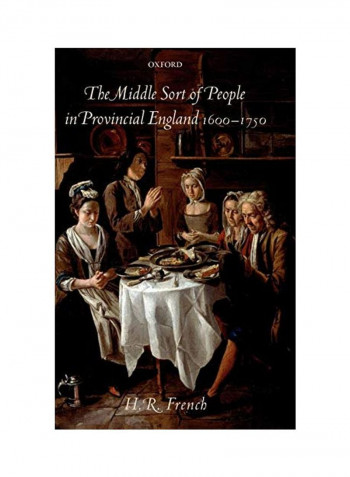The Middle Sort Of People In Provincial England 1600-1750 Hardcover
Recommend
Sort by
Rating
Date
Specifications
Author 1
Henry French
Book Description
Exploring the origins of 'middle-class' status in the English provinces during a formative period of social and economic change, this book provides the first comparative study of the nature of social identity in early modern provincial England. It questions definitions of a 'middling' group, united by shared patterns of consumption and display, and examines the bases for such identity in three detailed case studies of the 'middle sort' in East Anglia, Lancashire, and Dorset. Dr. French identifies how the 'middling' described their status, and examines this through their social position in parish life and government, and through their material possessions. Instead of a coherent, unified 'middle sort of people' this book reveals division between self-proclaimed parish rulers (the 'chief inhabitants') and a wider body of modestly prosperous householders, who nevertheless shared social perspectives bounded within their localities. By the eighteenth century, many of these 'chief inhabitants' were trying to break out of their parish pecking orders - not by associating with a wider 'middle class', but by modifying ideas of gentility to suit their circumstances (and pockets). French concludes as a result, that while the presence of a distinct 'middling' stratum is apparent, the social identity of the people remained fragmented - restricted by parochial society on the one hand, and overshadowed by the prospect of gentility on the other. He offers new interpretation and insights into the composition and scale of the society in early modern England.
ISBN-13
9780199296385
Language
English
Publisher
Oxford University Press
Publication Date
30 Aug 2007
Number of Pages
320
Editorial Review
Eloquently written throughout, conceptually impressive, based on complex, detailed and sustained research * Andy Gritt, Local Population Studies * Thanks to this excellent book, we can now understand both early modern society and early modern social consciousness better than ever before. * Ronald Hutton, History *



